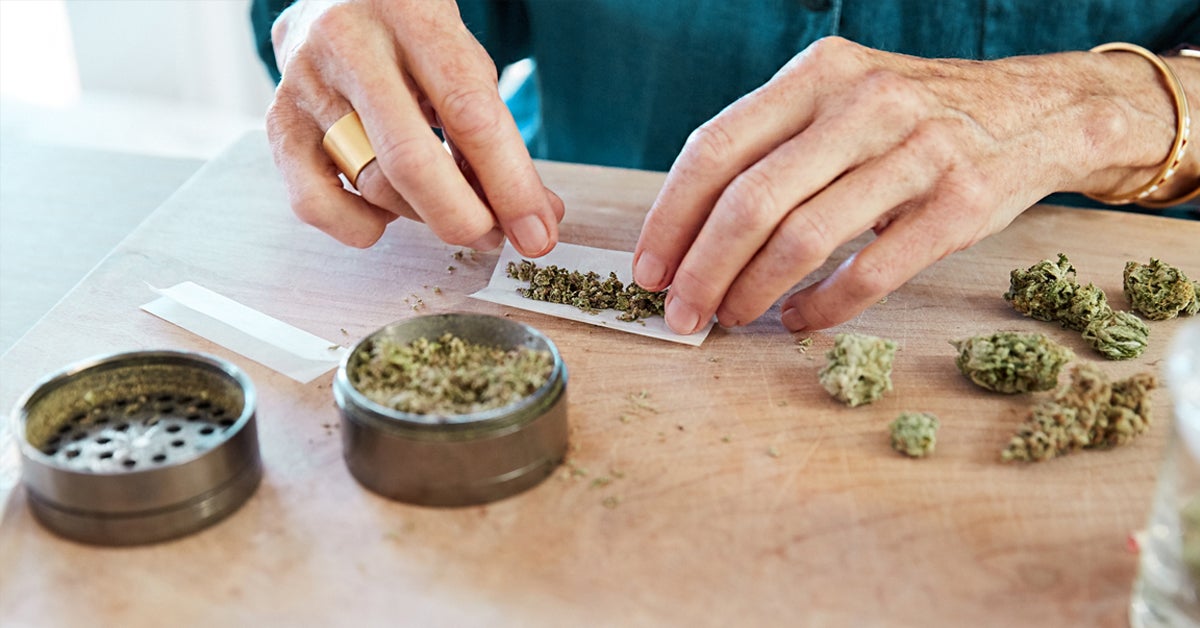
Over the last few years, there has been a lot of buzz going around about terpenes. Since people have discovered that CBD other hemp products can be beneficial for their pets, many of them are trying to underst what terpenes are, how they play a role in the effects that they produce in their pets. What are the best terpenes for cats other pets? The answer to that question might just surprise you.
What are Terpenes?
They have a funny name, they are not typically a popular topic at the family dinner table, but they are around us everywhere we go, every day.
Terpenes are the compounds in most of the plants that we encounter in our everyday lives. The scent that the plant gives off, as well as the taste that they exude all come from terpenes that are ingrained in their DNA.
Some of the more common terpenes are limonene, myrcene, beta-caryophyllene, so on. Everything from black pepper to the grass that you find in yards all around the united states is endowed with some form of terpene.
Roles of Terpenes
Terpenes play a number of roles within the plants that they inhabit. For example, some terpenes keep the plant safe from predators pests that would otherwise devour it whole. Other terpenes, such as the fragrance that flowers give off, attract bees other pollinators to bring life the possibility of procreation to each plant.
Terpenes for Cats
Most likely if you have cats you have heard of the catnip herb. For some mysterious reason virtually any cat that you present catnip to will – without hesitation – roll around, eat, maw, inhale as much as it possibly can.
One step beyond the strange attraction it seems as if the catnip causes the feline to become inebriated to a point. As if they get “high” euphoric. Of course, different cats will have different reactions to the catnip, but most of them absolutely love it.
Catnip is endowed with a special terpene known as nepetalactone. This compound resides in the catnip plant in order to protect it from vegetation-eating insects. Although catnip is known for its high concentration of nepetalactone content, it is not the only plant that it is present in.
Throughout the many years of study research, there has not been one shred of evidence that shows this compound being dangerous to cats, or any other mammals.
Cats CBD

Millions of cat owners around the world love to give their kitties pet CBD. Anecdotal evidence suggests that CBD could help cats dogs to remain calm during stressful events. Just as catnip any other substance, it all depends on the characteristics of the cat whether or not CBD will be of any assistance to them.
CBD has the potential to cause problems when it interacts with other pharmaceuticals. If your cat, or dog is on any other type of medication there is a chance that they could have a negative reaction to the CBD products.
Always make sure that before you administer CBD products to your cats or dogs that you have had a conversation with your vet about it.
Terpenes CBD
Whenever we discuss the topic of CBD terpenes it is important to underst that CBD is a cannabinoid, which is different from a terpene. In fact, CBD is just one of many cannabinoids that is present in the hemp plant. All of the terpenes that will be available in your CBD product will be part of an extract from the hemp plant. In a full-spectrum hemp extract, there will be a plethora of cannabinoids terpenes available…including THC. In a broad-spectrum extract there will be most of the cannabinoids, but zero THC. In an isolate CBD extract, there will be zero terpenes only an isolated concentration of pure CBD.
Conclusion
Researchers believe that the terpenes that are present in the hemp plant add to the benefits of the cannabinoids that join them when they enter the bloodstream. Humans animals alike have had positive results from combining high-quality terpenes with high-quality hemp extracts. The best kind of terpenes for your cat are the ones that will be safe free of toxins. Be sure to read the ingredients of any product that you give your pets just to make sure that you know what you are giving them.

